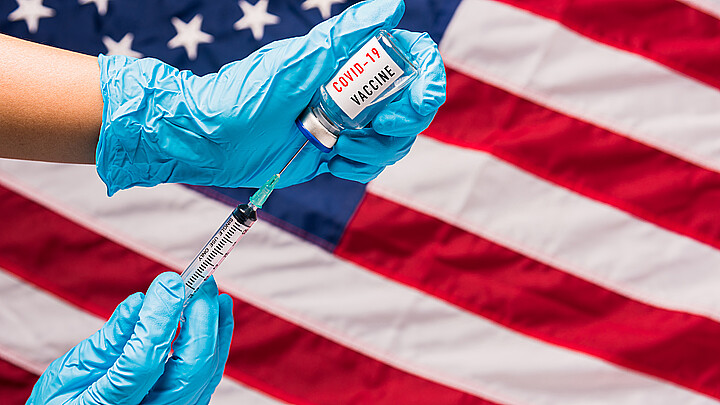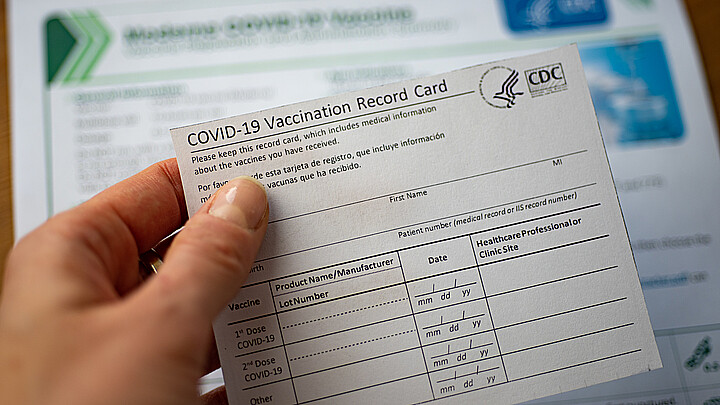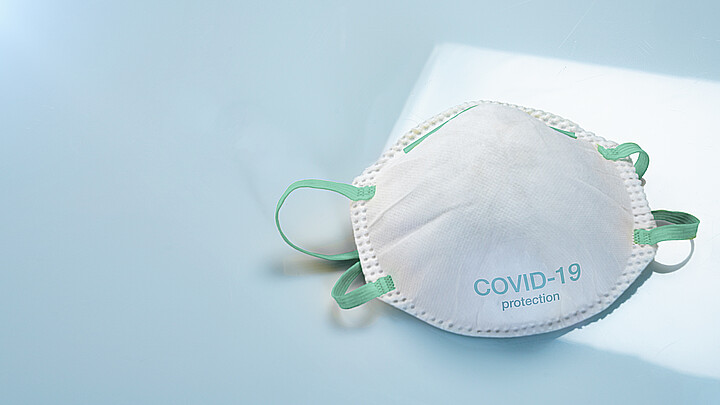Coronavirus
International authorities sour on COVID boosters, while FDA promotes them for recovered people
"We should be careful in not overloading the immune system with repeated immunization," European Medicines Agency official warns
January 12, 2022 10:48pm
Updated: January 13, 2022 4:38pm
International authorities are falling out of love with boosters as a COVID-19 mitigation strategy, even as U.S. regulators continue unqualified promotion of the third shot for mRNA vaccines and second for Johnson & Johnson's downgraded vaccine.
Reconsideration of the booster binge comes amid further scrutiny of rare but higher-than-expected — and possibly undercounted — heart inflammation reports following vaccination, particularly in boys and young men.
The World Health Organization all but accused wealthier countries of hoarding shots while large swaths of the globe, particularly Africa, have not received the "primary series" of vaccination against COVID.
Its Technical Advisory Group on COVID-19 Vaccine Composition released an interim statement Tuesday on how the rise of the mild but immune-evasive Omicron variant should change booster considerations.
Even though Omicron's "mutational profile and preliminary data indicate that vaccine effectiveness will be reduced against symptomatic disease ... protection against severe disease is more likely to be preserved," TAG-CO-VAC said.
Given the "near- and medium-term supply of the available vaccines" and consideration of equity, demand and viral evolution, "a vaccination strategy based on repeated booster doses of the original vaccine composition is unlikely to be appropriate or sustainable," it said.
TAG-CO-VAC asked vaccine manufacturers to study immune responses to single-strain and multi-strain vaccines against so-called variants of concern, including Omicron. The goal is developing more powerful vaccines that "reduce the need for successive booster doses."
For European regulators, the problem is the boosters themselves, at least on such a frequent schedule.
"If we have a strategy in which we give boosters, let's say, every four months approximately ... immune response may end up not being as good as we would like it to be," vaccines strategy chief Marco Cavaleri said at a European Medicines Agency briefing Tuesday.
"We should be careful in not overloading the immune system with repeated immunization," but also there's a "risk of fatiguing the population with a continuous administration of boosters," he said, calling for longer gaps between shots.
The U.S. CDC recommends waiting at least five months after the Pfizer and Moderna vaccines and two months after Johnson & Johnson to get boosters, meaning Americans could get two or more boosters in less than a year.
The national public health agency didn't respond to Just the News requests to defend that schedule in light of international reconsideration of booster strategies.
The CDC's sister agency, the FDA, is trying to expand the boosted population even further, by claiming that people who recovered from COVID and then got vaccinated are still vulnerable.
Natural immunity from early in the pandemic is based on "a different variant than what's circulating right now," Center for Biologics Evaluation and Research Director Peter Marks claimed in a slick video with cartoon graphics and a jazz soundtrack.
"And we know that you need high levels of immunity, such as those that would be provided by a booster," he said. These people should consult with their medical provider on "when the time is right" for a booster, which "can help prevent you from getting into further trouble with a new variant."
High-profile medical critics of the feds' COVID policy laced into the FDA. The video is "extremely misleading and based on the dogma that antibody titers are the key indicator of protection," Johns Hopkins medical professor Marty Makary tweeted.
"Many government doctors have lost their scientific objectivity. And sadly ignore the overwhelming data on natural immunity," the National Academy of Medicine member said.
University of California San Francisco medical professor Vinay Prasad called the video "madness" and said he reported it to Twitter as misinformation.
Recommending boosters based on old infections ignores the fact that those boosters are based on an "[o]lder ancestral strain" of COVID, he tweeted.
Marks himself knows "there is no evidence to support" the need for a booster for recovered people, because the FDA didn't ask vaccine makers to "run robust randomized control trials powered for clinical endpoints for boosters."
The agency has resorted to "low levels of evidence aka storytelling to change the public's behavior" since Director Marion Gruber and Deputy Director Philip Krause of the FDA's Office of Vaccines Research & Review resigned this fall, reportedly in protest of the administration's plans for boosters, Prasad said.
Krause joined a public letter warning of "risks if boosters are widely introduced too soon, or too frequently," and cowrote an op-ed accusing the agency of "sidelining vaccine experts."
The FDA didn't answer queries from Just the News to respond to the accusations from Makary and Prasad.
Some medical experts also argued against boosters for teenagers due to their elevated heart-inflammation risks in interviews with Atlantic writer Rachel Gutman published Tuesday.
University of Pittsburgh medical professor Walid Gellad pointed her to a Kaiser Permanente Northwest preprint study, not yet peer-reviewed, that concluded the true number of myopericarditis cases is "markedly higher" than what's reported to U.S. advisory committees.
Boosters aren't worth the risks for, say, a 17-year-old male who is generally healthy, or for his own 20-something son, according to Paul Offit, director of the Vaccine Education Center at Children’s Hospital of Philadelphia.
Omicron's immune evasion does not appear to meaningfully reduce the protection against serious illness from two-dose vaccines, Offit said.
While Gutman mostly featured pro-booster doctors and claimed the benefits of two-dose vaccines for teens "are beyond question," heart-inflammation reports overwhelmingly follow the second dose.
That's why Prasad among others has recommended a single or smaller dose for young people, claiming that the "marginal risks in teens" from second doses "appear likely to exceed their marginal benefits."










